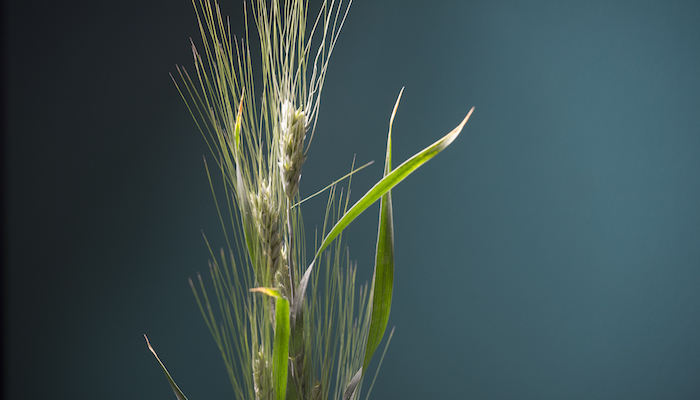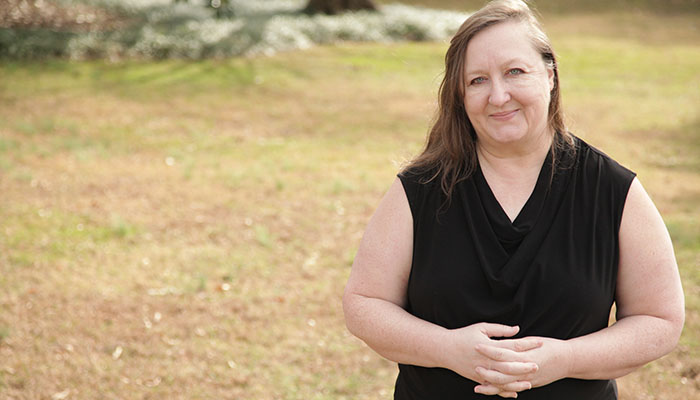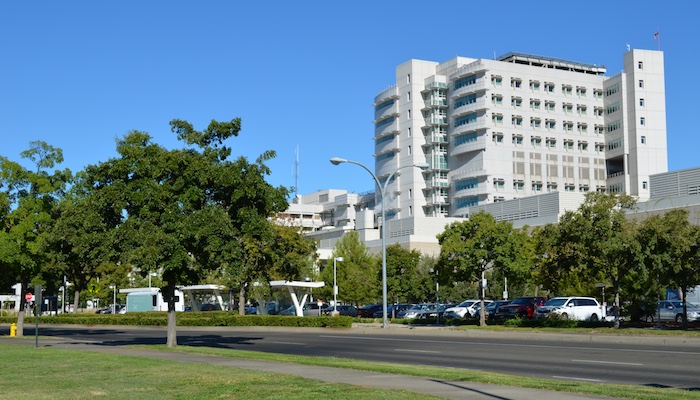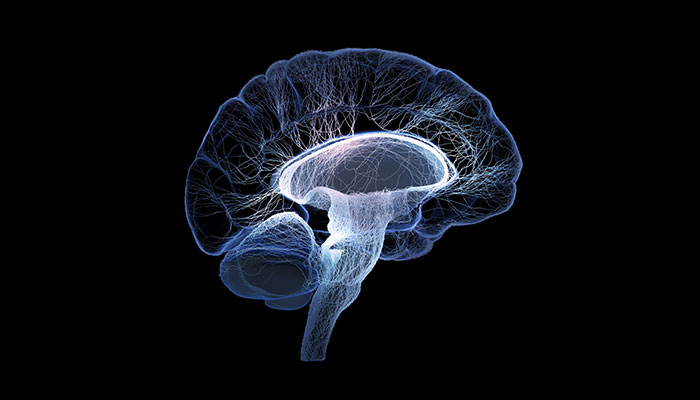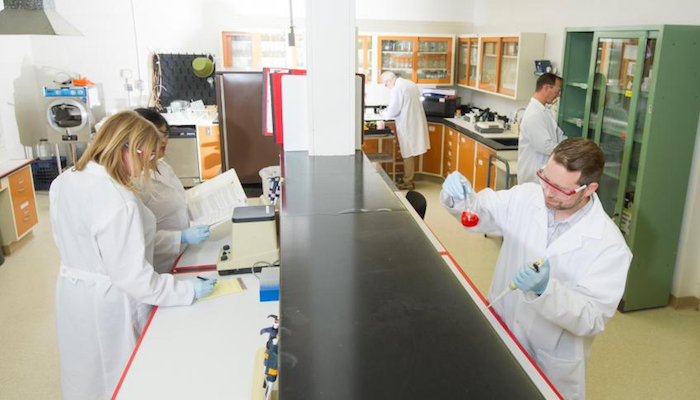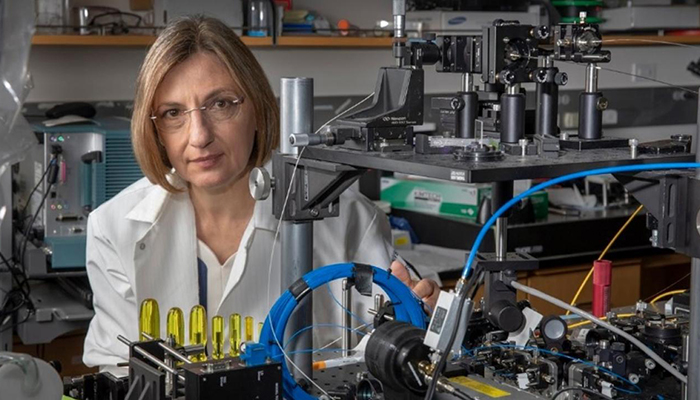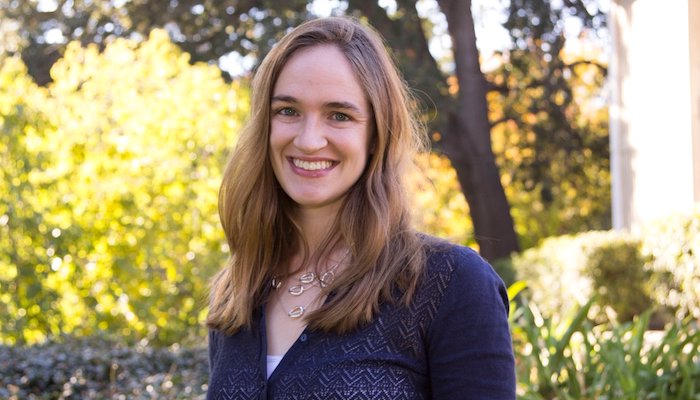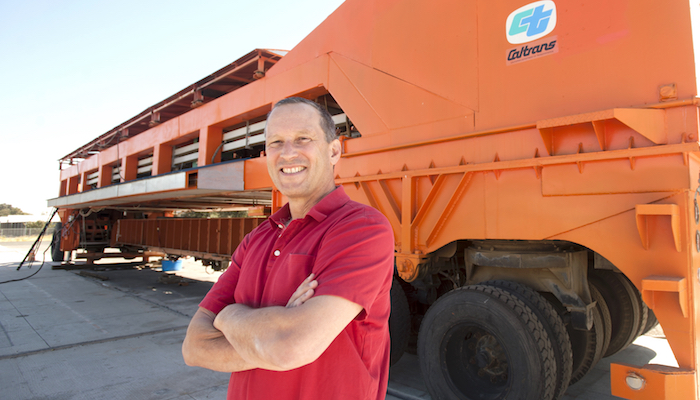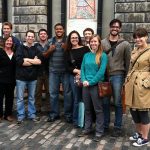UC Davis Awards Grants to Advance Innovative Solutions with Commercial Potential
By Lisa Howard
DAVIS, Calif. — Seven scientists at the University of California, Davis, are receiving grants to advance research and innovations with commercial potential. The recipients are addressing an important range of challenges — from cancer to climate change — with unique solutions.
Now in its seventh year, the Science Translation and Innovative Research, or STAIR, grant program provides awards of up to $50,000 to campus innovators to enable demonstration of early proof-of-concept for technologies being developed at the university. A second program, Data, Informatics and Application Launch (DIAL), provides awards of up to $20,000 for innovations specifically geared toward data, information science or software.
“UC Davis is committed to seeing that innovations from the lab, clinic and greenhouse make their way to the marketplace so society can benefit from our discoveries,” said Prasant Mohapatra, vice chancellor for research. “The funding and support from this grant program fill a critical gap, allowing researchers to explore and test the commercial potential of novel and bold ideas that otherwise may not have been possible.”
The programs are funded and managed by Venture Catalyst in the UC Davis Office of Research. Several campus and industry partners also joined this cycle to increase the funding, including BASF, Elanco Animal Health, the UC Davis School of Medicine, School of Veterinary Medicine and College of Biological Sciences.
External review committees consisting of industry professionals, investors, and experienced entrepreneurs, assembled by Venture Catalyst, reviewed the proposals and selected the recipients of the awards.
In addition to receiving grants, recipients participate in a structured entrepreneurial training program, such as the Entrepreneurship Academy hosted by the UC Davis Mike and Renee Child Institute for Innovation and Entrepreneurship. Awardees are also paired with experienced business mentors to provide guidance on commercial translation
STAIR Grant Recipients

Chen
Xinbin Chen, Professor, Surgical & Radiological Sciences, Veterinary Medicine
Novel Therapeutic Strategy to Enhance p53 Expression for the Treatment of Hematological Cancers
Hematological malignancy is a type of cancer that affects bone marrow, blood and lymph nodes. Xinbin Chen and his team are evaluating whether a particular peptide and small molecular compound can enhance the tumor suppressor known as p53. They will conduct a clinical trial in dogs to evaluate the treatment as a potential therapy for lymphoma.
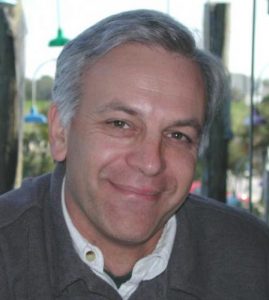
Dubcovsky
Jorge Dubcovsky, Distinguished Professor, Department of Plant Sciences
Commercialization of Triticale with Enhanced Baking Performance
Triticale is a hybrid that combines wheat and rye; it has the excellent yield potential and drought resilience of rye but limited breadmaking quality. Jorge Dubcovsky and Josh Hegarty produced Triticales with improved quality and will collaborate with flour mills and artisan bakers to test them and select one for commercial release.

Franz
Annaliese Franz, Professor, Department of Chemistry
Developing an Algae Ruminant Feed Additive to Reduce Methane Emissions
Methane emissions from cattle and other ruminants contributes significantly to greenhouse gas emissions. Annaliese Franz and her team are developing an algae-based ruminant feed supplement that will both decrease the methane emissions of cattle production and increase feed efficiency.

Izumiya
Yoshihiro Izumiya, Professor, Department of Dermatology
Development of Novel Cancer Drug from Viral Protein Sequence
One in five men and one in six women worldwide will develop cancer during their lifetime. Yoshihiro Izumiya and his team are working to develop a novel anti-cancer therapeutic that can target multiple cancers.

Tuscano
Joseph Tuscano, Professor, Department of Internal Medicine
An Optimized, Humanized Antibody to Promote Natural Killer Cell Activity in Cancer Immunotherapy
A special type of natural killer cells has been shown to possess potent anti-cancer properties.Joseph Tuscano and his team are engineering a monoclonal antibody that binds a natural killer receptor to optimize a potential human therapy to treat cancer.
DIAL Grant Recipients
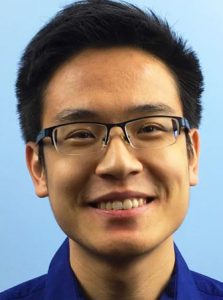
Cheng
Hao Cheng, Assistant Professor, Department of Animal Sciences
Novel Diagnostic Platform to Detect Canine Heart Disease on Thoracic Radiograph
Thoracic radiographic examinations are widely used in veterinary practices as routine diagnostic tools, but reviews from radiologists are often not immediately available and can be expensive. Hao Chengand his team are developing an accurate artificial intelligence radiology diagnostic tool that achieves the same accuracy as veterinary radiologists for diagnosing heart disease in dogs, but can deliver faster results at a lower cost.
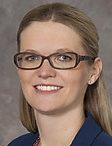
Siefkes
Heather Marie Siefkes, Assistant Professor, Department of Pediatrics
Automated Critical Congenital Heart Disease Screening with Non‐Invasive Oxygenation and Perfusion
Newborns in the United States are screened for congenital heart disease by measuring oxygen saturation. Every year, though, an estimated 900 cases are missed or diagnosed late, leading to preventable deaths. Heather Marie Siefkes and her team will test a prototype device that interprets oxygen saturation measurements simultaneously with non-invasive perfusion measurements to improve the diagnosis of congenital heart disease in newborns.
Impact from Previous Grant Recipients
STAIR and DIAL grant recipients from previous years have used the funding to move their innovations forward. Professor Soheil Ghiasi leveraged his grant to receive funding from National Science Foundation to continue developing an innovative bladder sensing device for people with spinal cord injuries. Professor Tony Simon launched a startup, Cognivive, which develops “digital therapies” in the form of virtual-reality games for people with developmental disorders or brain injuries. Assistant Professor David Olson launched Delix Therapeutics, which is investigating whether neural plasticity–promoting drugs can lead to new treatments for depression, anxiety and related disorders.
Including this year’s recipients, the programs have awarded $2.2 million in grants to 42 campus innovators. Awarded proposals have contributed to the creation of 18 technology licenses, 15 startups and over $20 million in follow-on funding.
The application process for the next round STAIR and DIAL grants will begin in late January 2021. Anyone with principal investigator status at UC Davis is eligible to apply. Questions may be directed to [email protected].
Contact
- AJ Cheline, UC Davis Office of Research, 530-752-1101, [email protected]
Resources
- Venture Catalyst
- STAIR™ Grant Program
- DIAL™ Grant Program
- STAIR Grant Program: Previous Awardees

